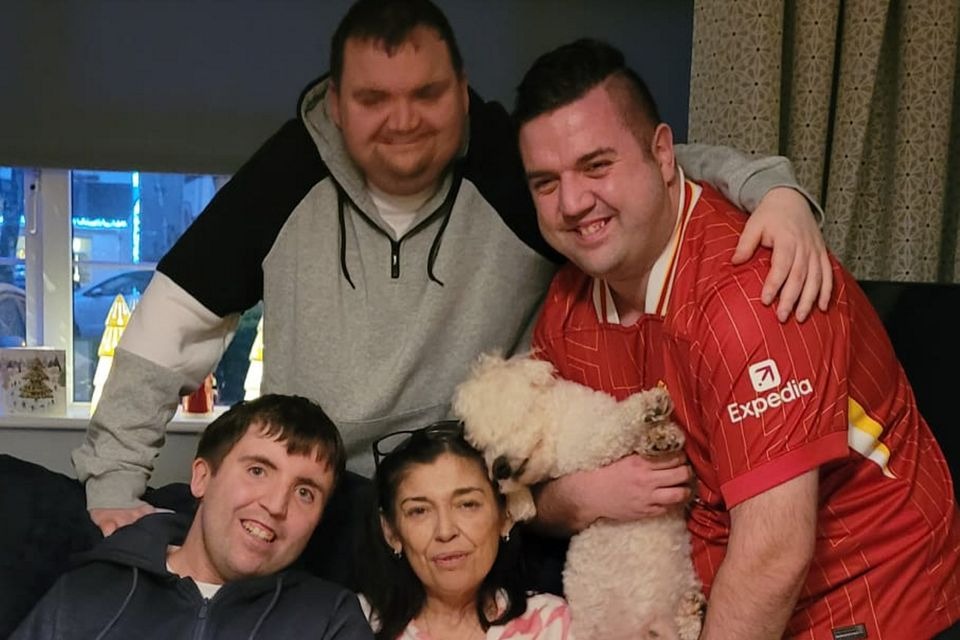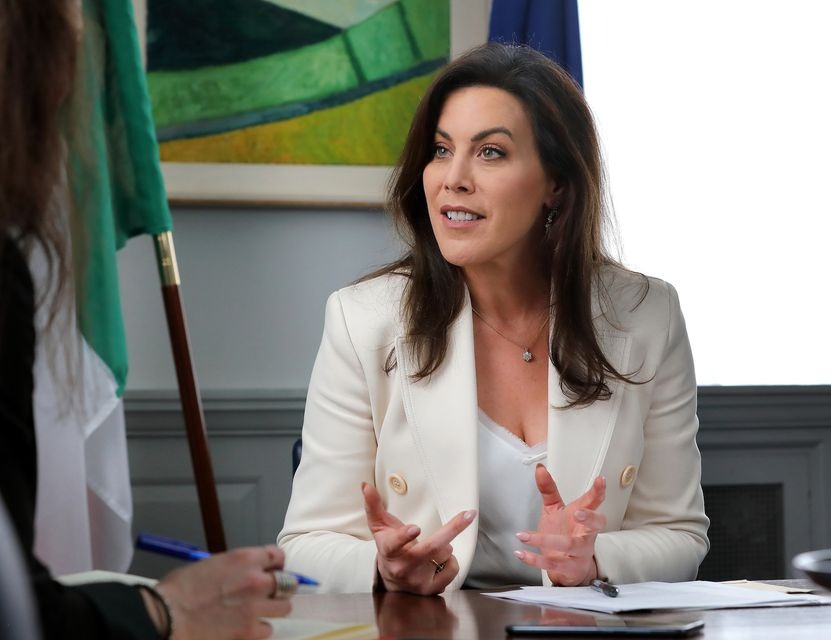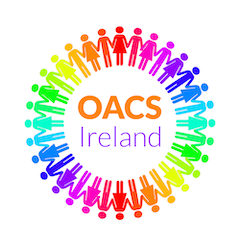‘It was meant to help my epilepsy but it destroyed my family’ – parents hope long-awaited inquiry will finally provide answers
Amy Molloy 23rd July 2025. Irish Independent Newspaper
OACS Ireland are grateful to the Irish Independent Newspaper and to all journalists who have helped us highlight our cause!

Families affected by an anti-epilepsy drug that can cause serious birth defects when used during pregnancy have said they hope a long-awaited inquiry will finally give them answers about “who knew what and when”.
The Government has announced that the non-statutory inquiry into the historical prescribing of sodium valproate is now under way and is expected to last between 12 and 18 months.
It is estimated that more than 1,000 children have been affected in Ireland since the 1970s.
Former health minister Stephen Donnelly first committed to holding a probe into the use of the drug in 2020 and the inquiry was approved by the cabinet in July 2023.
However, there were delays due to the fact that data regulations had yet to be finalised. The drug was first licensed for epilepsy in Ireland in 1975, but it was known valproate may cause birth defects in pregnant women and yet the drug was prescribed for years.
Karen Keely, whose three sons were affected and require round-the-clock care, said that although she was “ecstatic” the inquiry had now begun, she should have had answers long before now.

“It [the drug] destroyed my family and destroyed my dreams,” she said. “What one drug can do to a family that was meant to help them in the first place is just devastating. It was meant to help my epilepsy, which it did, I can’t take that away, but at the same time, it literally destroyed everything else.”
Ms Keely, who lives in Ratoath, Co Meath, has been campaigning for an inquiry for years through the Organisation for Anticonvulsant Syndromes Ireland (OACS).
Her sons Harry (38), Lee (30) and Lorcan (26) were all born with defects and development disorders.
I never wanted this to happen to other families and that’s why I spoke out. I felt I had to do something. This all should have been dealt with
“I have a 38-year-old son that still lives in a child’s body,” she said. “He is catastrophically injured. I have a 30-year-old who has autism and ADHD, and then I have my 26-year-old who has been impacted also.
“I thought I would have been a grandmother by now. I thought my boys would have been having girlfriends. I never wanted this to happen to other families and that’s why I spoke out. I felt I had to do something. This all should have been dealt with.
“I want to know who knew what and when. I want accountability. I want it all. There is no fix on this. There is no going back. I am delighted it is now moving forward, but personally, I’ve been stuck in a toxic bubble. It’s 2025 now, I should have had the answers.”
Lenny Sexton and his wife Jan Sexton, from Ennis, Co Clare – whose son Tony (8) has autism – said they hoped the inquiry wasn’t “going to be another case of kicking the can down the road”.

Ms Sexton, who has epilepsy, was prescribed valproate in 2017 at a time when concerns about the use of the drug in pregnant women had been well documented.
“I want to know how long they knew about this and why my wife was not told about the risks or given the warnings,” Mr Sexton said.
“My son is non-verbal and autism services in this country are brutal. You have to fight for everything, from finding a school place to getting a diagnosis, and it is very hard for parents.
“It’s getting tougher and tougher because the older he is getting, he is getting stronger. I’m hoping that there will be something from the inquiry but I don’t trust the Government.”
Solicitor Ciara McPhillips, from Michael Boylan LLP, is representing many families whose lives were affected by the drug.
She said the inquiry getting under way was a “tremendous milestone”.
Now is the time to roll up our sleeves and get on with the job,
“Now is the time to roll up our sleeves and get on with the job, which is finding out who knew what about this drug, when they knew it, and why this information wasn’t given to pregnant mothers,” she said.
The inquiry, which will be chaired by barrister Bríd O’Flaherty, will be divided into a number of strands.
The first will be the review phase, which will establish a timeline of the use of the drug, including information on safety and regulation. The Department of Health said the inquiry would request documentation from a range of stakeholders and be obliged to record any difficulties where such requests were refused.
In the second phase, affected families will give oral statements in sessions that will be held in private.
The inquiry will also focus on assessing the health services’ current capacity to respond to safety issues related to the use of anti-seizure medications in women.
Health Minister Jennifer Carroll MacNeill said the inquiry would give those affected by sodium valproate an opportunity “to have their voices heard”.

“I was grateful to meet with OACS Ireland recently and I know this is an important day for them and the families they represent,” she said.
“I have every confidence that the chair will conduct an independent and fair inquiry and finally get answers for those affected and their families.”
